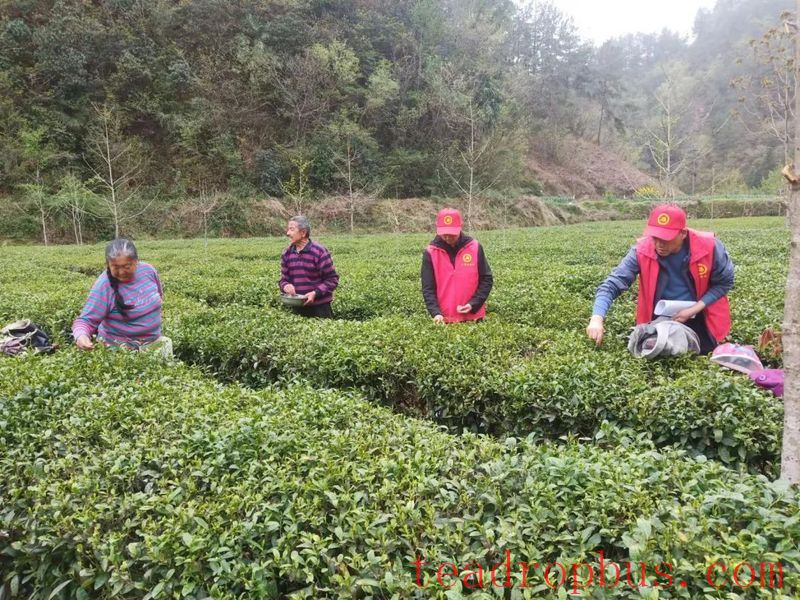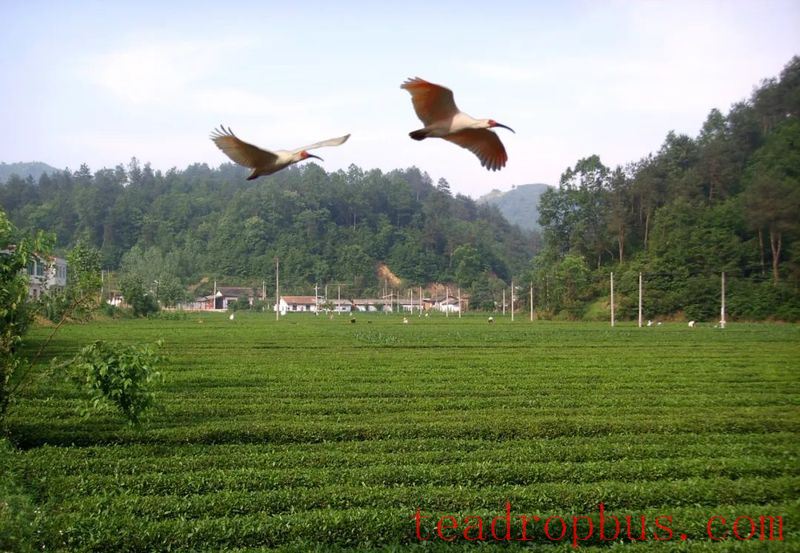As rural revitalization efforts advance, the Hong'an Community in Sidi Town, Xixiang County is actively exploring and experimenting to make the most of its local resources. It is developing the Tea industry based on its geographical conditions, using its ecological advantages to promote industrial prosperity.

Leading the way in optimizing the tea industry, the Hong'an Community is located in the southwestern part of Xixiang County, about 45 kilometers from the county seat. It is situated in a hilly area with an average elevation of 649 meters, making it suitable for tea cultivation. In recent years, the community has conducted research and initially decided to focus on tea planting as a major industry. Based on the local situation, it has clarified its development strategy. Encouraging farmers to use idle land for tea planting, improving tea quality, expanding planting areas, and vigorously renovating and newly expanding over 380 acres of tea gardens. It also promotes high-quality varieties, increasing their coverage rate. Currently, the tea garden covers approximately 3,880 acres, or 1.8 acres per capita.
Strengthening the party organization to unlock prosperity, the Hong'an Community insists on taking the development of the tea industry as a key driver of rural revitalization. It has established a tea service team to provide comprehensive scientific and technological services for farmers covering tea planting, picking, fertilizing, and management. Under the leadership of the party, focusing on the word “action,” while fully ensuring food security, it adopts a model combining “party building + tea industry + farmers.” It actively mobilizes farmers to improve the variety of low-yield tea gardens, optimize tea quality, and drives farmers in tea picking, management, and sales. This approach has effectively increased the income of over 80 households that have been lifted out of poverty.

Building a solid foundation for Tea culture and Tourism, painting a new picture. The Hong'an Community is leveraging its tea industry resources to accelerate the integrated development of tea, culture, and tourism. It is connecting and expanding the entire chain from tea planting to processing, tea garden sightseeing, and tea culture. By encouraging farmers to participate and lease land, it is creating standardized tea garden sightseeing demonstration bases. Actively promoting tea culture, it is building a large-scale ecological tea garden in the town that integrates tea planting and processing, tea garden sightseeing, and tea cultural exchange. This has initially achieved a development path where tea zones become scenic areas, tea gardens turn into parks, and tea mountains become gold mines through the integration of tea, culture, and tourism.